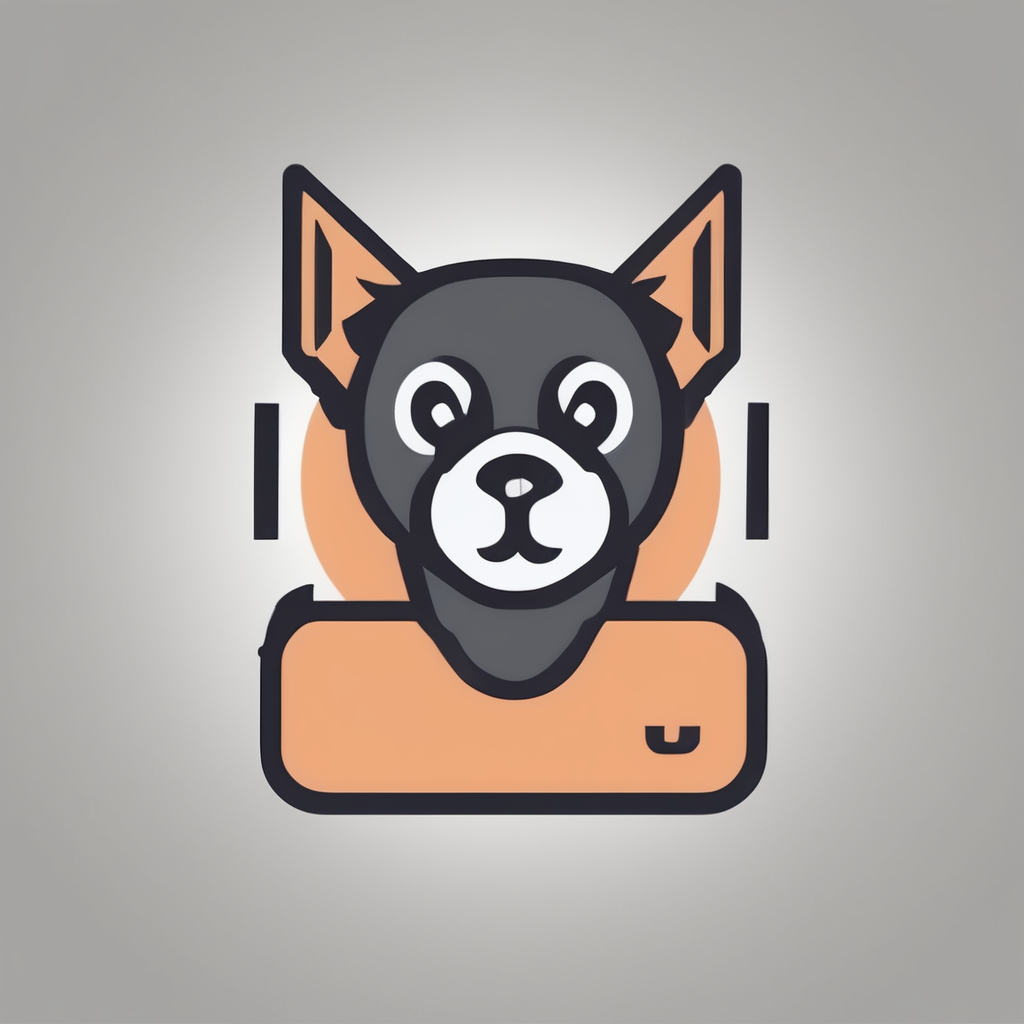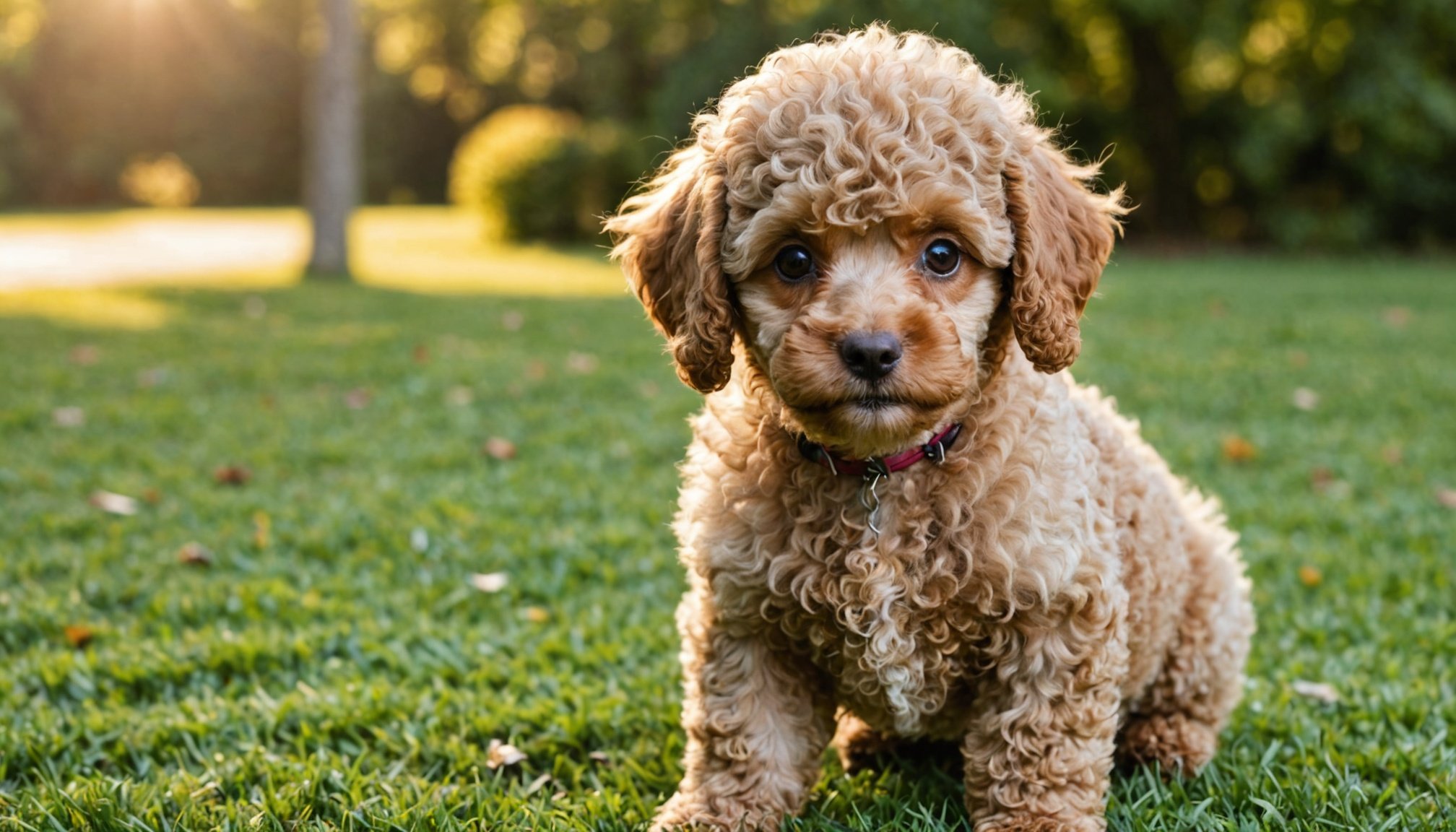Understanding Toy Poodle Puppies’ Housetraining Needs
Toy Poodles are known for their intelligence and eagerness to please, making them excellent candidates for puppy training basics. Their sharp minds and agility allow them to quickly grasp commands, which is a significant advantage in Toy Poodle housetraining. However, their sensitive nature can sometimes mean they require patient and consistent training methods.
Starting early is crucial for a Toy Poodle’s behavioral development. Early training not only prevents bad habits from forming but also builds a strong foundation for a well-mannered adult dog. Consistency is key; setting a routine helps the puppy understand expectations, thereby smoothing the training process.
A lire aussi : Mastering Stair Climbing: A Comprehensive Guide to Teaching Your Italian Greyhound Safe Navigation
Despite their intelligence, there are common misconceptions about Toy Poodles’ training. One misunderstanding is that their small size equates to a lack of training needs. However, this breed still requires the same dedication to training as any larger dog to ensure good behavior. Another false belief is that because they are often kept indoors, their need for housetraining is minimal, when in fact, indoor living demands even greater training commitment to avoid accidents.
Being proactive and informed about breed-specific training can help avoid these pitfalls and ensure a harmonious living environment.
Cela peut vous intéresser : 7 Effective Strategies to Support Your Labrador Retriever During a Stressful Move to a New Home
Creating a Housetraining Schedule
Establishing a housetraining schedule is crucial for a structured and effective puppy potty training timetable. When planning, consider the Toy Poodle’s size, age, and diet, as these factors influence their bathroom habits. Puppies often need more frequent bathroom trips because their bladders aren’t fully developed.
Key Factors to Consider
While designing a schedule, integrate your training routines with the puppy’s feeding and playing times. Consistency in routine helps the puppy learn faster. A general rule is to take your puppy out after meals, before bed, and first thing in the morning.
Age-Specific Milestones
Toy Poodle puppies reach various potty training milestones at different ages. For instance, at 8–10 weeks, puppies might need a bathroom break every two hours during waking hours. By the age of 12-16 weeks, this might extend to every three hours, though it still depends on the individual puppy.
Recommended Frequency
It’s recommended to include frequent potty breaks in your daytime routine. Ideally, allocate time for bathroom trips every two hours. As the puppy grows older and more controlled, this frequency can gradually decrease. Always maintain patience and encourage positivity, celebrating small successes with your puppy.
Techniques for Successful Housetraining
Housetraining your Toy Poodle requires a blend of effective techniques. This section explores three essential methods.
Positive Reinforcement Strategies
Using positive reinforcement is key to successful housetraining. Rewards can significantly enhance training outcomes. Select small, tasty treats specifically for Toy Poodles to ensure your pet is motivated. Timing is crucial; offer rewards immediately after your puppy behaves correctly, so they associate the action with the treat.
Crate Training Essentials
Crate training is beneficial for Toy Poodles, as it provides a safe space that mimics a den. To introduce your puppy to the crate, make it inviting with toys and a comfortable blanket. Start by allowing them in the crate for short, positive periods. Establish a routine, gradually increasing the time spent there to build comfort.
Outdoor Training Techniques
Taking your puppy outdoors is an essential part of housetraining. Practice taking puppies outside at regular intervals, especially after meals and naps. Choose a consistent potty spot to reinforce good habits. Watch for signs your puppy needs to go, like circling or sniffing, and guide them to the designated area. Timely identification helps avoid accidents indoors.
Common Challenges in Housetraining Toy Poodles
Housetraining Toy Poodles can present various challenges, with behavior problems often at the forefront. One typical issue is the difficulty in getting these pint-sized companions to stick to a designated elimination area. This challenge might be due to their small bladder size and tendency to become easily distracted. Using consistent and positive reinforcement techniques can aid in addressing these issues effectively.
A contributing factor to housetraining challenges is the role of genetics and temperament. Some Toy Poodles may be more stubborn or anxious, which can impede training progress. Understanding your pet’s unique temperament and tailoring your approach accordingly can significantly enhance training success.
Consistency and routine are paramount when overcoming setbacks in troubleshooting training issues. Establishing a structured schedule for feeding, playtime, and bathroom breaks can create a sense of security and predictability, allowing your Toy Poodle to adapt more readily to your expectations. Ensuring that everyone in the household follows the same training methods and cues also reinforces consistency and clarity for the dog.
Ultimately, with patience, understanding, and a tailored approach, most housetraining hurdles can be overcome, leading to a well-behaved and relaxed Toy Poodle.
Tips for Maintaining Consistency
Consistency in training is essential for both puppies and their owners, fostering a stable environment that encourages learning and adaptation. Establishing a consistent schedule provides numerous benefits such as reducing anxiety in puppies and making training more effective. Regular routines help puppies anticipate daily activities, reducing unpredictability that might lead to stress or behavioural issues.
To keep track of progress and adjust training schedules, consider using a training log. This can be as simple as jotting down activities and behavioural changes each day. Tracking not only helps in identifying patterns but also pinpoints areas needing adjustment. If certain training tips aren’t yielding results, the log can guide necessary modifications in routines.
Involving family members is crucial for maintaining consistent training. Ensure everyone understands the importance of consistency in cues and commands to avoid confusion. Collaboration fosters a unified training approach, reinforcing the behaviours being taught. You might establish a brief family meeting once a week to discuss what’s working or where improvements can be made.
Maintaining consistency doesn’t mean rigidity. Be open to adapting routines based on your puppy’s progress and individual needs. This flexibility, paired with consistent efforts, fosters a positive training experience.
Visual Aids and Resources
The right tools can significantly enhance housetraining efforts for Toy Poodle puppies. Housetraining charts are an essential component, providing a structured overview of training progress. These visual guides help track daily routines, ensuring consistency and promoting better adherence to schedules.
Recommended Charts and Schedules
To optimize training, a detailed housetraining schedule specifically tailored for Toy Poodle puppies is beneficial. This schedule emphasizes consistency, outlining feeding, play, and potty times. Training resources, such as visual aids, play a crucial role in communicating expectations to both the pet and owner. By regularly monitoring these charts, you can identify patterns and make necessary adjustments, reinforcing positive behaviours.
Helpful Resources for Toy Poodle Owners
In-depth training resources extend beyond charts, including informative books and online platforms offering comprehensive insights. Community forums are invaluable, fostering a supportive environment where Toy Poodle owners share experiences and advice. Additionally, enrolling in professional training classes can provide enlightenment into tailor-made strategies for this breed’s unique characteristics.
Anecdotal Experiences
Drawing inspiration from success stories shared by fellow Toy Poodle owners can be motivating. By learning from others’ puppy training journeys, new insights emerge, showcasing a variety of strategies and potential solutions to common challenges. Engaging with such narratives encourages persistence and celebrates small victories along the way.











